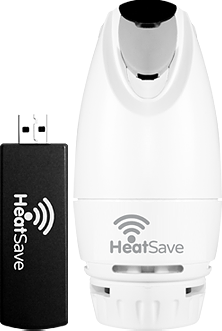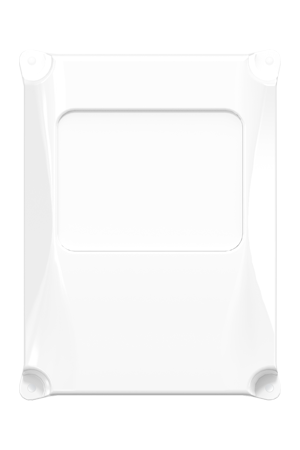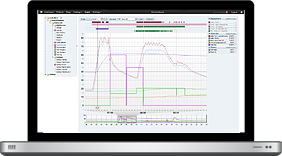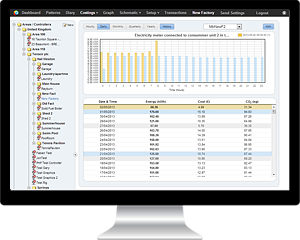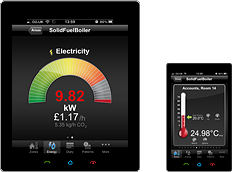Government allows energy suppliers to experiment with smart meter display alternatives
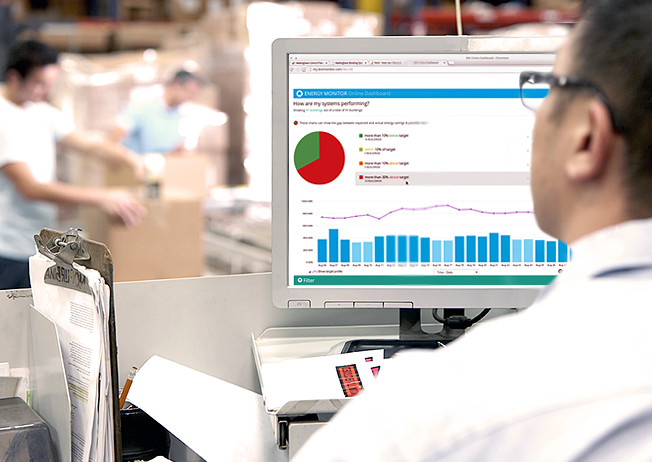
The UK government will allow energy suppliers to experiment with various alternatives for viewing smart meter information, a news report has been able to reveal.
The In-Home Displays (IHDs) provide consumers with near-real time information on actual energy usage taken from smart electricity and gas meters through a wireless home area network.
And now, the government’s DECC (Department of Energy & Climate Change) has decided to allow suppliers to experiment with a wider range of solutions, these trials enabling the Department to gather evidence about how people interact with different ways of getting information about their energy use like phone apps or web based portals. It will then consider making changes to the current policy.
The move, which was announced in response to a consultation, is part of the government’s plan to accelerate its national smart meter rollout, with the aim of having the technology in every home by 2020.
Energy Minister Lord Bourne said: “I’m committed to ensuring that this government transforms Great Britain’s energy infrastructure so it is fit for the 21st century. The rollout of smart meters play a key role in helping hardworking families to take control of their energy use, bringing an end to estimated bills and helping bill payers to become more energy efficient.
“We’ve listened to stakeholders who have told us that they want to give their customers the choice in how they engage with their energy use. That’s why we are allowing energy suppliers to introduce trials of alternatives to the In Home Display – such as smartphone apps – so we can ensure our decisions meet the needs of consumers across the country.”
HeatingSave – save energy and money with full monitoring options
Building Energy Management Systems are capable of delivering extensive monitoring and control options, compared to basic controls. They typically employ data from a variety of sources (boiler flow and return sensors, internal and external temperature sensors, occupancy sensors, humidity sensors, etc.), and enable the perfect optimization of a building’s boiler-based central heating system. They also fully support heat meters and use the data to run the heating system as economically as possible.
If you’d like to find out more about the savings enabled by the HeatingSave Building Energy Management System, just contact our dedicated product team, they’ll be more than happy to answer all of your questions and queries.


